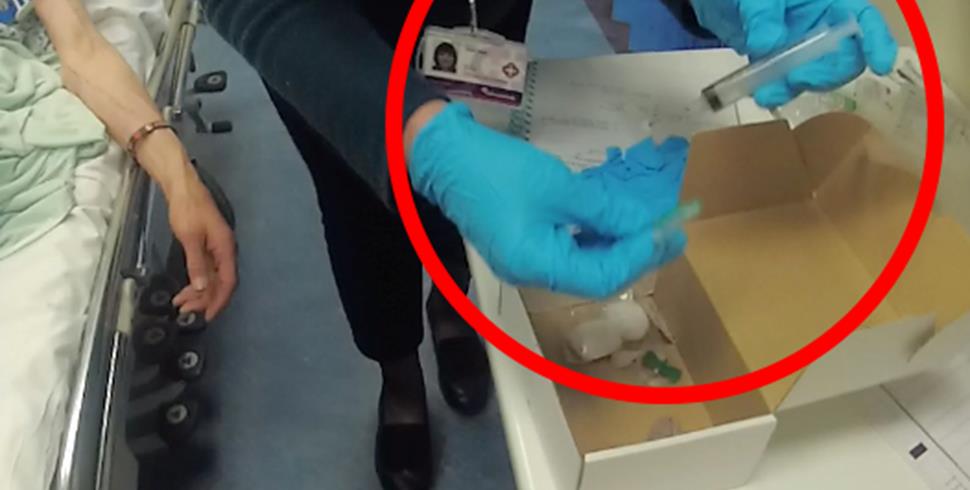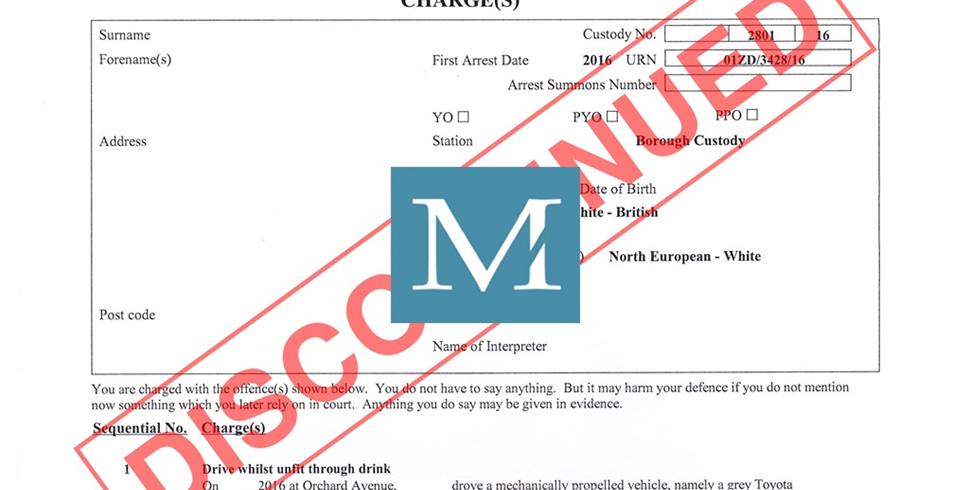
Drug Driving Case Dropped
Our client, Ian, was charged with two allegations – one of driving while under the influence of cannabis and another that he drove with 16 times the legal limit for cocaine in his system. We advised Ian to enter a not guilty plea at his first court hearing because we had identified various issues with the evidence against him. The trial took place at Bristol Magistrates' Court this week.
After legal arguments were presented, District Judge Gerald Chalk, ruled that the Crown Prosecution Service (CPS) lawyers had failed to prepare the case properly and it would be unfair to allow the prosecution to continue. The case was therefore dismissed and our client was awarded costs.
The most dramatic allegation our client faced was that he drove with 800 micrograms of benzoylecgonine (the cocaine breakdown product) in his blood-stream. The second charge – also denied – was that he had just over twice the legal limit of cannabis in his body.
Drug Driving Legal Limits
| Illegal Drug | Legal Limit (Blood) |
| Benzoylecgonine | 50µg/L |
| Cocaine | 10µg/L |
| THC (Cannabis) | 2µg/L |
| Ketamine | 20µg/L |
| LSD | 1µg/L |
| Methylamphetamine | 10µg/L |
| MDMA | 10µg/L |
| Heroin | 10µg/L |
(‘µg/L’ means ‘micrograms per litre of blood)
“Slipped through the net”
In court, an initial report on the blood samples given by our client following his arrest had been prepared. But in all such cases defendants have the right to have a second, more detailed analysis carried out on the blood sample. This report, known as the SFR2, usually represents the key piece of prosecution evidence. This was not produced in Ian's case (as is becoming more common now). You can read more about technical defences here.
Mr Travers for the prosecution told the court that the request had slipped through the net within the CPS! The mistake was identified a week ago but given the workload currently faced by the forensic laboratory which is used by the CPS for such cases, it had not been possible to action the request at such short notice.
Senior solicitor of M.A.J Law, Mr Conor Johnstone, advised the court that he had sent at least three communications to the CPS about the case, with some of those messages copied to court officials. A police officer who was involved in the case should also have attend the trial – yet that officer had not appeared at court! A real shambles all around!
In summing up, the Judge said that it is "becoming an increasingly common problem that the CPS are not providing evidence or disclosure of important documents which are needed.” “The CPS has manifestly failed to do the preparatory work. I have to be fair to both sides and it would not be fair to continue.”
In view of the judge’s comment, the prosecution formally offered no evidence and invited the judge to dismiss the case.
Judge Chalk proceeded to formally dismiss the charges.
__________
This is just another example of why evidence must be challenged. It highlights the increasing number of cases that the Crown Prosecution Service fail to provide simple and basic evidence within a timely manner, in order to prove a case against the accused. The Crown Prosecution Service are relying more and more on guilty pleas being entered without such evidence being required and to be disclosed to those accused of motoring offences.






